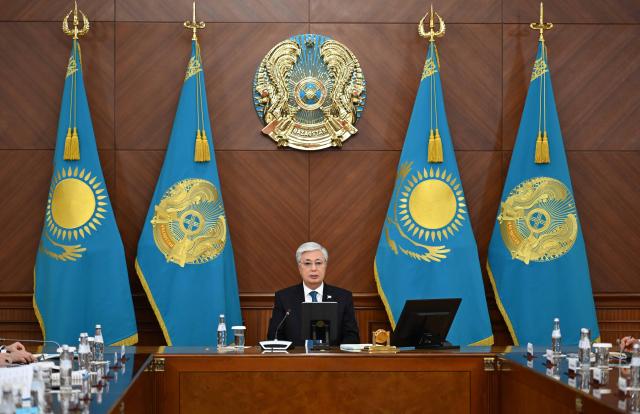
[Arthur I. Cyr]
KENOSHA -- Prime Minister Rishi Sunak of Britain has concluded a low-key, largely successful visit to Washington D.C. On June 8, he met at the White House with President Joe Biden, who appropriately referenced the importance of the close Anglo-American partnership.
The leaders agreed on greater cooperation on defense and renewable energy. Sunak did not achieve a desired broader trade agreement, but that is not surprising given the ongoing uncertainty related to Britain’s turbulent withdrawal from the European Union.
Above all, the meeting again confirmed the close relationship between our two nations. This ensures despite domestic political turmoil.
This Special Relationship was initially formalized and announced by President Franklin D. Roosevelt and Prime Minister Winston Churchill during the darkest days of World War II. The two leaders met on navy vessels off the Coast of Newfoundland in August 1941. Churchill returned to meet with Roosevelt in the White House and address a joint session of Congress in December of that year, shortly after Pearl Harbor.
The first of these historic meetings resulted in the Atlantic Charter, defining broad positive human goals of freedom and basic economic security. The follow-up session resulted in a commitment to the concept of the United Nations, which moving forward signified the Allies’ goals in World War II.
This close partnership between Britain and the U.S., forged during the frustrating and terrible first years of World War II, has endured down to the present despite sometimes severe strains. The evolution of the Anglo-American Special Relationship underscores important events of that global total war and the Cold War and post-Cold War era which have followed.
Prime Minister Tony Blair paid a high political price for his faithful support of the administration of George W. Bush in the 2003 invasion of Iraq. Yet Blair survived politically and led his Labour Party to another general election victory. More important, the Anglo-American military alliance, and the durable wider NATO structure, were never really seriously threatened.
During the mid-1960s, the Johnson administration pressed extremely hard for at least token direct military participation in the Vietnam War. Australia and New Zealand, both members of the British Commonwealth, did provide forces. In the case of Australia, there was considerably more than a token commitment.
Britain remained out of that war, for understandable reasons. In hindsight, this lack of support by a close ally was an early indication of the questionable nature of the American military escalation.
From the other direction, the most serious Anglo-American and wider Atlantic alliance crisis was over the Suez Canal in 1956. Britain, France, and Israel launched a coordinated surprise military attack to retake the waterway and associated territory from Egypt’s nationalist government.
President Dwight Eisenhower was completely opposed as well as offended by the lack of consultation. His administration forced an abrupt halt to the operation. No crisis since has so seriously threatened the alliance.
Economics strengthens alliance cooperation. Prime Minister Margaret Thatcher’s deregulation of the economy in the 1980s pays powerful dividends today. Canary Wharf, formerly grim docks and working-class housing blocks in eastern London, has been transformed into a mammoth global commercial center.
Massive modern skyscrapers dominate the horizon, complemented by fashionable retail outlets. Mrs. Thatcher’s heavy-handed style earned her the sobriquet of “Big Sister,” but her forceful deregulation and opening of the economy were crucial to contemporary British prosperity and strength.
McGeorge Bundy, President John Kennedy’s national security adviser, summed up the Anglo-American partnership as “someone to talk to.” The conversation continues, to mutual benefit.
Arthur I. Cyr is the author of “After the Cold War.” Contact acyr@carthage.edu
Copyright ⓒ Aju Press All rights reserved.





View more comments